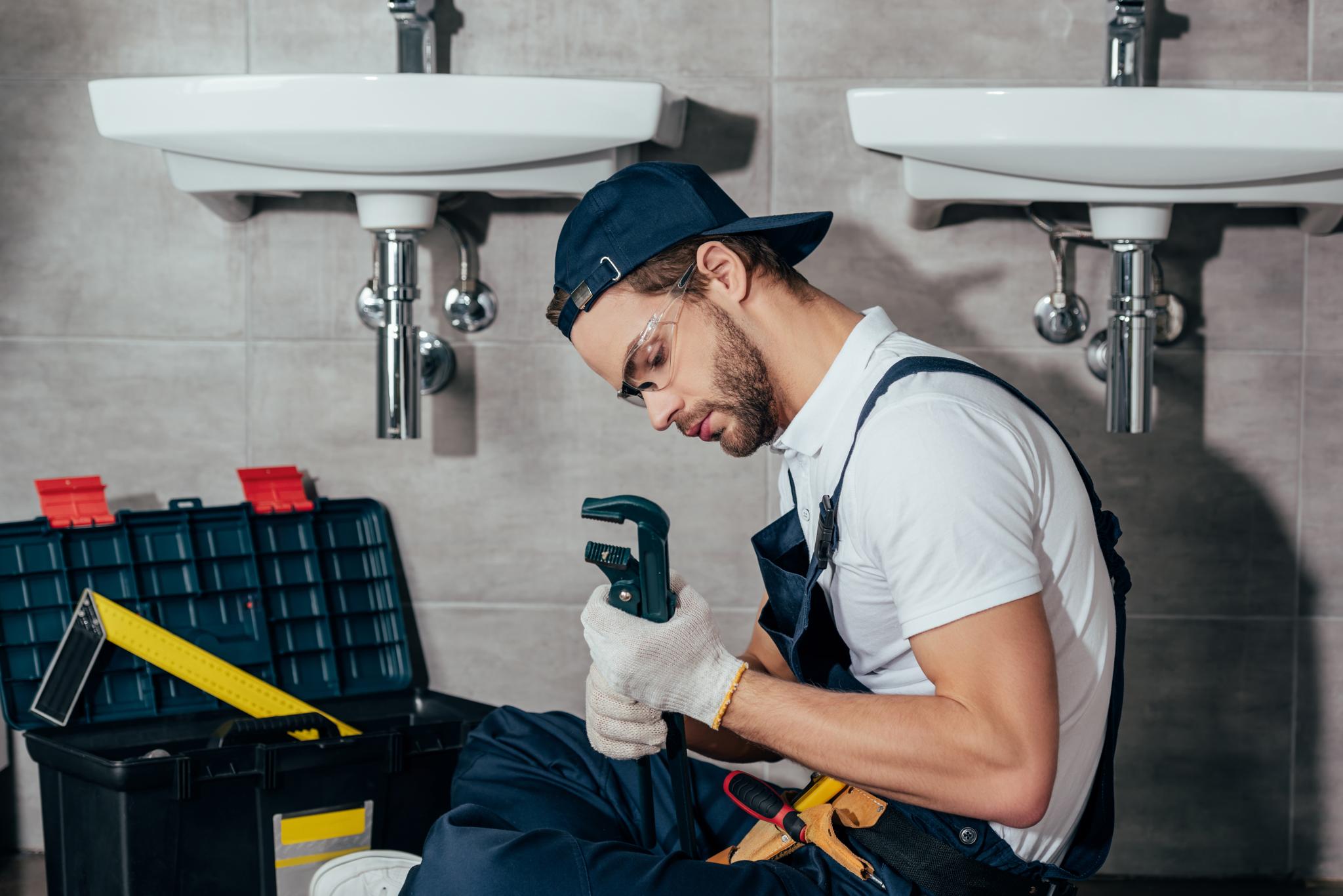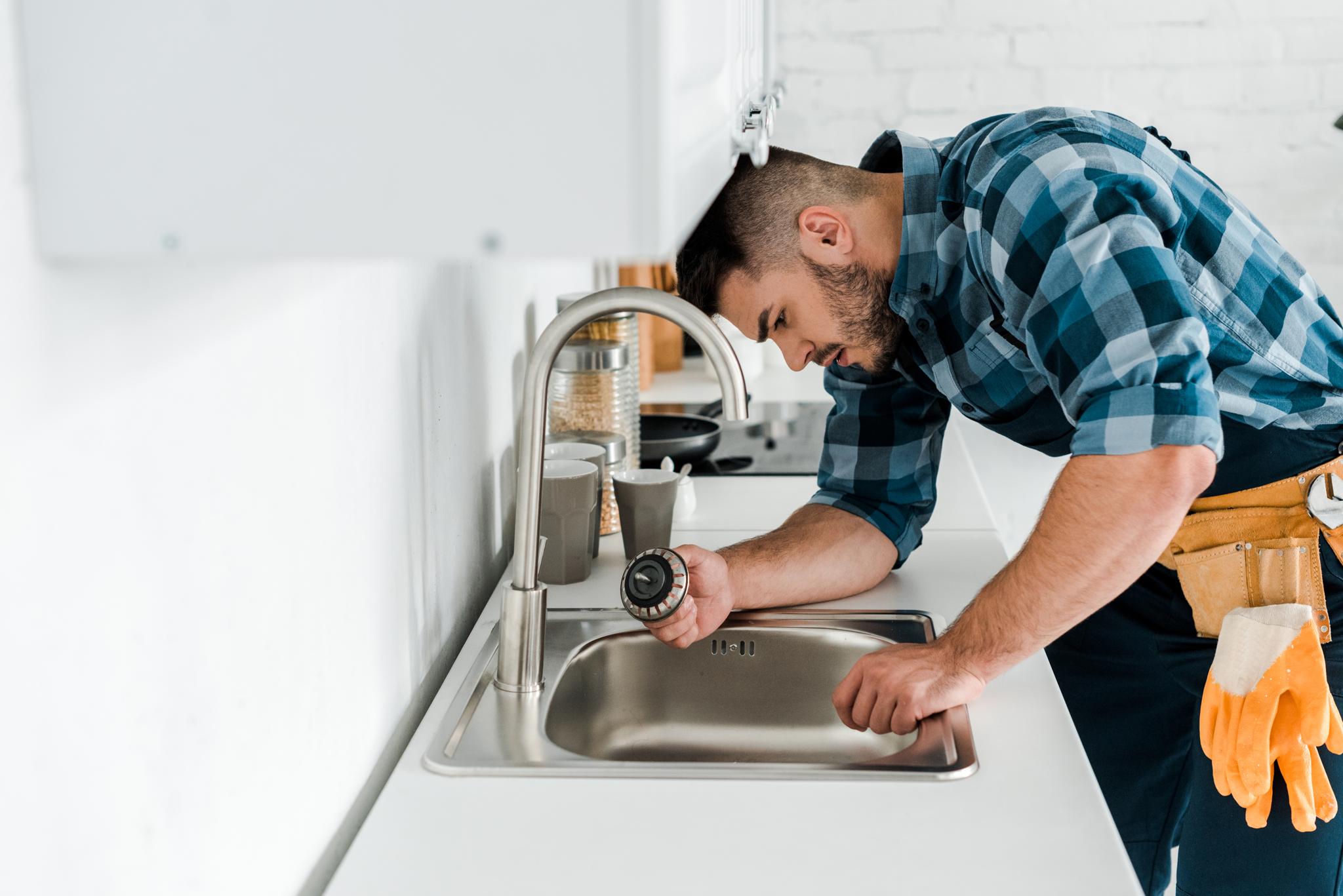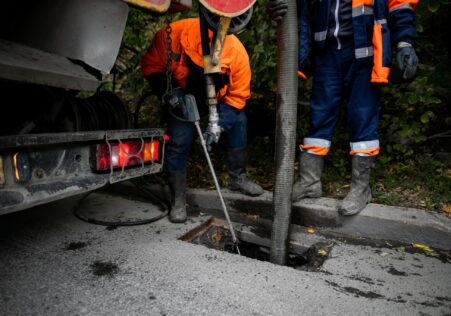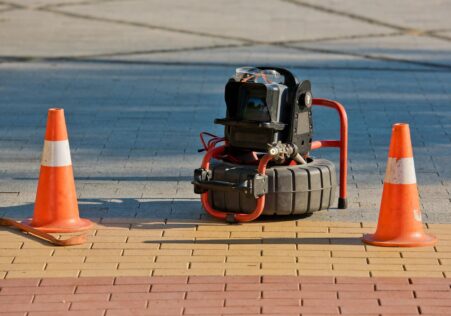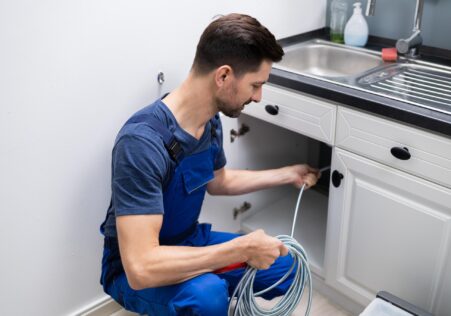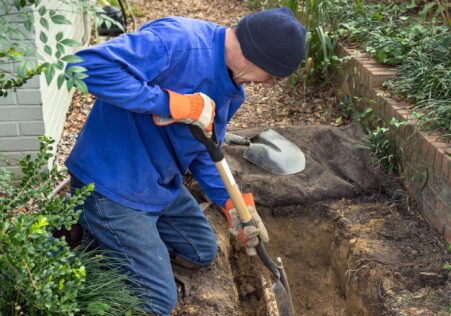How to Keep Your Drains Clean and Prevent Future Blockages
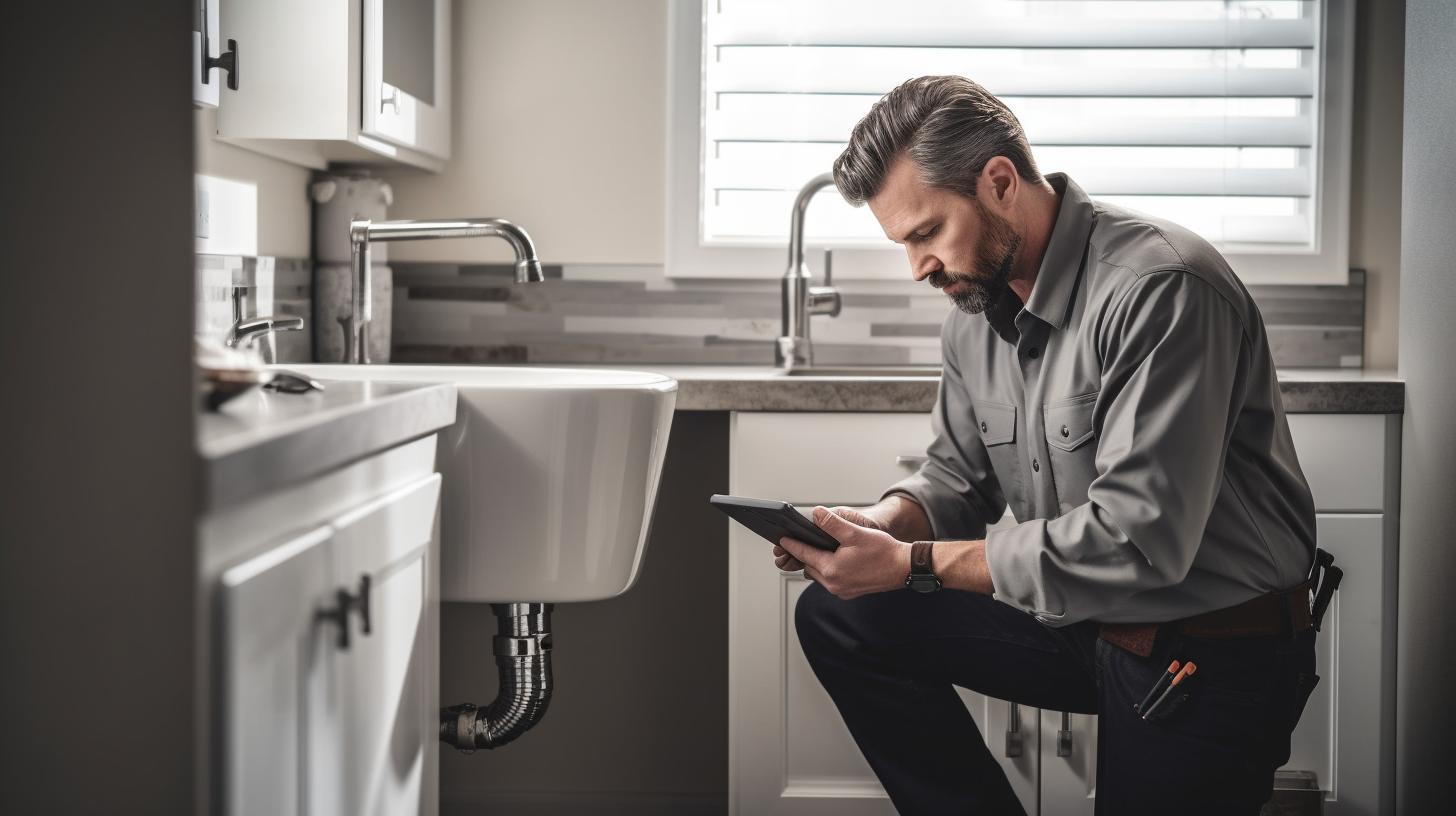
Are you fed up of dealing with clogged drains in your home or office? Do you want to learn how to prevent future blockages and ensure that your drains are clean? In this article, we’ll talk about some tricks and tips to help you maintain well-maintained drains. We will also explain why it’s important to hire experts like Melbourne Blocked Drains Plumbers for the job.
Key Takeaways
- The most common causes of blockages to drains are soap and hair buildup, food waste sticking to grease buildup, toiletries being flushed down the toilet such as baby wipes and feminine hygiene products dental floss or cotton swabs, and tree roots growing into pipes in the outside of the house.
- Make use of a strainer or a hair catcher in the drain’s opening to stop hair or food waste from leaking down the drain.
- Make sure to properly dispose kitchen garbage by dumping food scraps into the compost bin or trash bag, rather than washing them down the drain.
- Do regularly scheduled maintenance cleansing by pouring boiling water slowly into your sink, shower or tub drain openings once every week, when they’re uncluttered.
- Use equal parts baking soda and vinegar, then add it to the drain opening for a natural way of de-greasing deposits that form on sewer pipe walls that result in blockages. Take 30 minutes to wait, then pour hot water down the drain.
- Call Melbourne Blocked Drains Plumbers for help with regular maintenance of the septic tank, sewer system or pipes in the outside of your home to ensure that they function effectively and efficiently.
- Do not use drain cleaners that contain chemicals because they can cause damage to your pipes and affect the environment.
- Beware of flushing items that are not compostable, such as cotton swabs, paper towels and dental floss as well as feminine hygiene products into your toilet since this can cause costly repairs in the sewers as well as septic tanks.
- Pay attention to abnormal smells coming from drains. Pay attention to the slow drain, the sound of gurgling or any other unusual behavior that might indicate a clogged drain that requires immediate attention.
Common causes of drain blockages
Before we begin to discuss the dos and don’ts, it’s vital to know the reasons behind drain blockages at the beginning. Here are a few common causes:
- The buildup of soap and hair in the bathroom drains
- Food waste clings on grease the buildup of kitchen drains
- Toiletries that are flushed down the drain such as baby wipes, toothpaste, feminine hygiene supplies or cotton swabs
- Tree roots expanding into pipes that are outside the house
These causes can result in serious damage in the future if they are not addressed. However, there are methods to deal with each and keep your drains flowing easily.
Dos
1. Make use of a strainer or hair catcher
A hair strainer or hair catcher fits neatly over your drain’s opening. It prevents food or other waste from going down the drain. Be sure to clean them often.
2. Correctly dispose of the kitchen garbage
Discard food debris into an organic compost bin or trash bag instead of rinsing them down the drain. Rinse dishes using hot water after washing them.
3. Do periodic Maintenance cleaning
Every week, pour boiling water slowly into your sink, shower or the tub drain openings. Keeping them relatively clear will prevent material accumulation from clogging the drain altogether.
4. Use baking soda and vinegar.
Mix equal amounts of baking soda, vinegar (usually half cups each) then slowly add it to the drain opening as a natural way of de-greasing buildup forming on the pipe’s walls that result in blockages. It will take 30 minutes before you pour hot water into the drain.
5. Call a professional
Engage a professional plumber like Melbourne Blocked Drains Plumbers to perform regular maintenance on septic tanks, sewer lines or pipes outside your home to make sure they are working properly and efficiently.
Don’ts
1. Don’t use chemical drain cleaners
Chemical drain cleaners can cause harm to your pipes over time. They can may also be harmful to the environment. They could also be harmful when combined with other products for cleaning.
2. Don’t flush any non-decomposable materials down the drain.
Beware of flushing non-decomposable products in your toilet, such as paper towels, cotton swabs, dental floss or feminine hygiene products since they are not able to be able to break down in the natural way and instead cause expensive repairs in the sewers or septic tanks.
3. Don’t ignore warning signs
If you observe unusual drainage smells, an infrequent drainage, sounds of gurgling or any other unusual behavior, it could indicate a blocked drain that requires immediate attention.
| Do’s | Don’ts |
|---|---|
| Use a strainer or hair catcher | Use chemical drain cleaners |
| Properly dispose of kitchen waste | Flush non-decomposable items down the toilet |
| Perform regular maintenance cleaning | Ignore warning signs |
| Use baking soda and vinegar | |
| Call a professional like Melbourne Blocked Drains Plumbers for help |
FAQs
Do I need to wash my drains?
It is recommended that you clear your drains each 6 months to 1 year. However, if you notice a slow draining or smelly odors emanating through your pipe, you need to act as soon as you can.
Are there any DIY methods to clean my drains?
There are numerous home remedies you can try for a quick fix, such as pouring boiling hot water down the drain using baking soda and vinegar or using the plunger. But, be careful with what materials and substances you pour down your drain and avoid any that may cause harm or damage to the plumbing system.
Do I have the ability to prevent blockages of my drains?
Yes, regular checking of your water system may prevent blockages in the future. Avoid flushing foreign objects into the toilet, regularly scrub hair off of the shower drains, and utilize the sink strainer to collect food scraps prior to letting them go down the drain.
When should I get in touch with a professional plumber?
If you’ve tried DIY solutions but you’re still experiencing slow-moving drains or clogs it is recommended that you call a professional plumber to conduct a further assessment as there may be issues underlying that need to be resolved.
My drains keep getting clogged Could this be an indication of a bigger issue?
Repeatedly clogged drains may indicate larger issues like tree roots that are infiltrating your pipes, or collapsed pipes inside the plumbing system. In these situations it is recommended to call an experienced plumber like Melbourne Blocked Drains Plumbers who can assess the problem properly and recommend the best course of action.
In the end, keeping healthy drains is essential for any workplace or home. Implement these suggestions today to prevent future blockages and to ensure your drains flow freely. Remember that professional help is only one phone call at a moment’s. For more information about our plumbing services such as unblocking blocked drains, CCTV drain inspection, pipe relining, and general plumbing maintenance, contact Melbourne Blocked Drains Plumbers at # ###-###-#### or visit our website for more details. [(click here)] (https: //www. example.com/)
Additional Information
- Get rid of clogged drains with these amazing remedies
- Eliminate Drain Issues for Good: Stop These 5 Precursors Now
- Tips on Keeping Your Drains Clear and Free From Blockages
- Unblock Your Drains with This Do-It-Yourself Guide That is Simple to Follow
- Why Your Business Needs Periodic Drain Inspection and Cleaning
- Saving Time and Money with CCTV Drain Inspection for Drain Clearing
- The Ultimate Guide on How to Clear a Blocked Drain in Your Home
- The Importance of CCTV Drain Inspection in Commercial Properties
- When to Schedule a Professional Drain Cleaning Service
- End Clogged Drains Now: Specialist Hacks to Test Right Now


